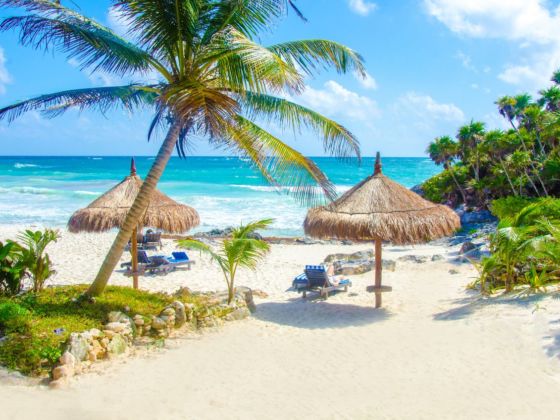This is The Climate Win, the most positive sustainability news around the world every week.
What a great week in the news. Before you scoff, hear us out. This week saw some major announcements on the sustainability front, overshadowed by the normal dramatic headlines. This is particularly true for those who prefer to vacation beach-side with a cold cocktail in hand. In southern Mexico, it just got a lot easier to do just that without churning out a cluster plastic cups in the process. Here are this week’s top green-friendly stories.
